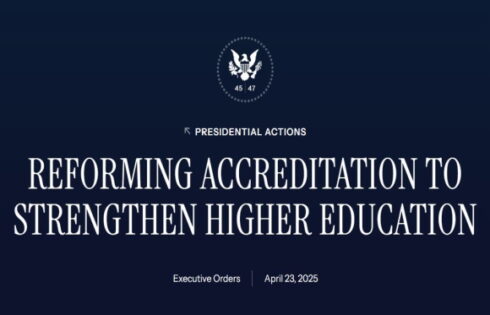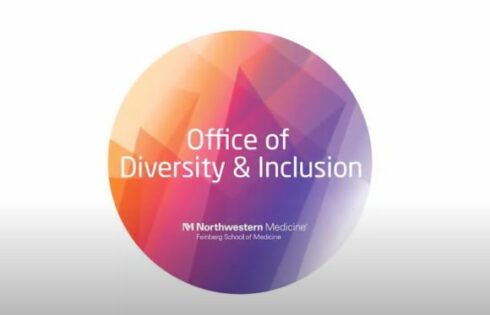
 And now for the latest news in backwards progress: The Obama administration has issued a memo asserting the importance of affirmative action in education, including college admissions decisions. The new guidelines are a reversal in White House policy from a 2008 letter issued by President Bush that called admissions decisions based on race “highly suspect” and noted numerous limitations to race-based opportunity rulings.
And now for the latest news in backwards progress: The Obama administration has issued a memo asserting the importance of affirmative action in education, including college admissions decisions. The new guidelines are a reversal in White House policy from a 2008 letter issued by President Bush that called admissions decisions based on race “highly suspect” and noted numerous limitations to race-based opportunity rulings.
Affirmative action, like most discussions related to race, has a long and sordid history. In recent years the debate about whether genetic composition should be a deciding factor in college admissions has skewed away from considering race and ethnicity in admissions decisions. Arizona, for example, passed a law last year that makes affirmative action illegal. Approved by a 3/5 majority, the law states:
This state shall not grant preferential treatment to or discriminate against any individual or group on the bases of race, sex, color, ethnicity, or national origin in the operation of public employment, public education or public contracting.
Many in the state, including former UA President Robert Shelton, were critical of this policy, saying it would limit the accessibility of education for ethnic minority students. This defense is vacuous for a few reasons, including that the number of ethnic minority students who graduate from the UA has not significantly increased in past years, despite affirmative action policies.
But more compelling than the fact that affirmative action doesn’t really work is the rationale behind the policy, and the harmful assumptions it promotes. From the memo, via Inside Higher Ed:
Ensuring that our nation’s students are provided with learning environments comprised of students of diverse backgrounds is not just a lofty ideal. As the Supreme Court has recognized, the benefits of participating in diverse learning environments flow to an individual, his or her classmates, and the community as a whole. These benefits greatly contribute to the educational, economic, and civic life of this nation.
This document, like much pro-affirmative action literature, conflates a surface-level difference in skin with a meaningful difference in experience and opinion. While of course one’s appearance has bearing on one’s personality, it is borderline insulting to assume that one’s appearance dictates one’s opinion, and that people who look different must think different. This shallow consideration is related to the affirmative action thinking that people of different colors ought to be held to different testing standards — even if they went to the same school, came from households with the same income level, or are even from the same family.
To be held to a lower standard because a student is an ethnic minority discredits their achievements. Giving ethnic minority students favor because of their skin color — a factor they had nothing to do with, that does not at all dictate or indicate one’s actual life experience — automatically implies that they can’t compare to white students. Rather than promoting ethnic minority students by reinforcing affirmative action, the Obama administration is actually diminishing the achievements of minority students.
Painting a rainbow classroom of melanin levels does not dictate a wide spectrum of perspectives, as those in favor of this kind of “diversity” seem to believe. One’s personality and experience is not — according to science, psychology, and basic decency — dictated by the color of one’s skin. To allege that their is a singular experience of being Asian, or of being white, is far more harmful to promoting equality of opportunity than the notion that students of any race are capable of the same academic achievement.
The goal of both federal education policy and college admissions should be to offer fairness in decision and governance. Affirmative action is contrary to that goal — for minority students who deserve their achievements to be appreciated without asterisk, for individuals who deserve to be considered as more than an instant visual judgment, and for students for whom poor primary schools and lack of resources really does make college less accessible.
Anna Swenson is the editor of the Arizona Desert Lamp. She is a contributor to The College Fix.
Like The College Fix on Facebook / Follow us on Twitter





Please join the conversation about our stories on Facebook, Twitter, Instagram, Reddit, MeWe, Rumble, Gab, Minds and Gettr.